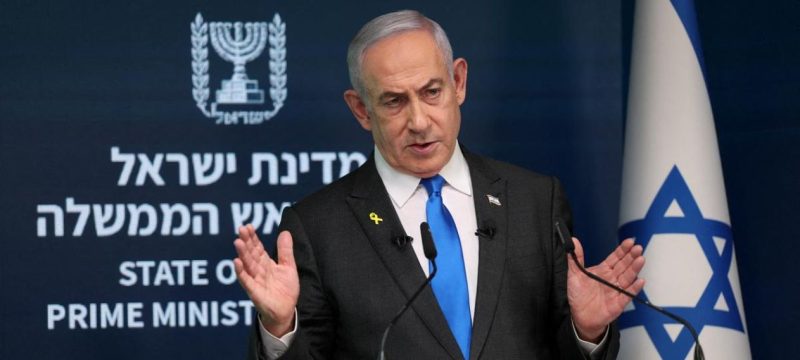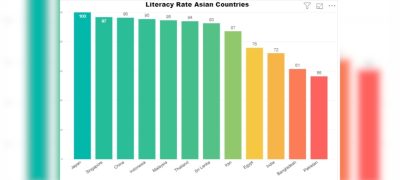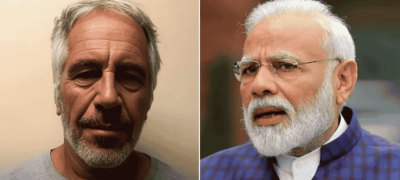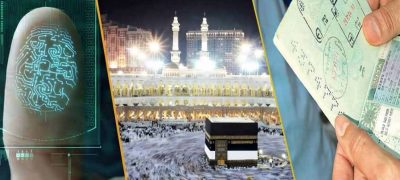Israeli Prime Minister Benjamin Netanyahu is set to confront a critical year in 2025, marked by his pursuit of strategic milestones and a confrontation with Iran. His goals include consolidating military dominance in Gaza, curbing Iran’s nuclear ambitions, and leveraging the downfall of Tehran’s allies—Hamas, Hezbollah, and the Assad regime in Syria.
The collapse of Syrian President Bashar al-Assad’s government, alongside the decimation of Hamas and Hezbollah’s leadership and military infrastructure, represents a series of significant victories for Netanyahu.
Read more: Benjamin Netanyahu Named a Finalist for Time’s Person of the Year
With Syria destabilized, the alliances fostered by Iran over decades are unraveling, positioning Israel as the region’s dominant power. Netanyahu is expected to intensify efforts to neutralize Iran’s nuclear program and missile development, addressing what he perceives as existential threats to Israel.
Iran’s Critical Decision
Observers in the Middle East suggest Iran faces a pivotal choice: to persist with its nuclear program or scale back and engage in negotiations. Israel’s military capabilities pose a significant threat to Iran’s nuclear infrastructure, with analysts predicting potential Israeli strikes if Iran does not yield. The return of Donald Trump to U.S. leadership could amplify pressure on Tehran, with increased sanctions targeting Iran’s oil sector and little incentive for diplomatic engagement.
Challenges in Gaza
As 2024 draws to a close, Netanyahu is likely to negotiate a ceasefire with Hamas to end the protracted 14-month Gaza conflict and secure the release of Israeli hostages. Despite this, Israel’s military presence in Gaza is expected to continue, with no clear plan to transfer authority to the Palestinian Authority. Netanyahu’s vision aligns with maintaining long-term control over Gaza, the West Bank, and East Jerusalem, effectively halting prospects for Palestinian statehood. The destruction from the Gaza war, which began after the October 2023 Hamas attacks, underscores the enduring stalemate in the Israeli-Palestinian conflict.
Syria’s Uncertain Path
In Syria, the overthrow of Assad by the Hayat Tahrir al-Sham (HTS) rebel forces led by Abu Mohammed al-Golani has left the nation fragmented. Golani faces the immense task of stabilizing Syria, which is grappling with collapsed security forces and persistent threats from jihadist factions and remnants of the Assad regime. HTS’s ability to balance Syrian nationalism with its Islamist roots will shape the nation’s future, potentially leading to prolonged instability similar to Libya or Iraq.
Netanyahu’s achievements and challenges in the region, coupled with his ongoing corruption trial, will play a crucial role in defining his legacy in 2025.









